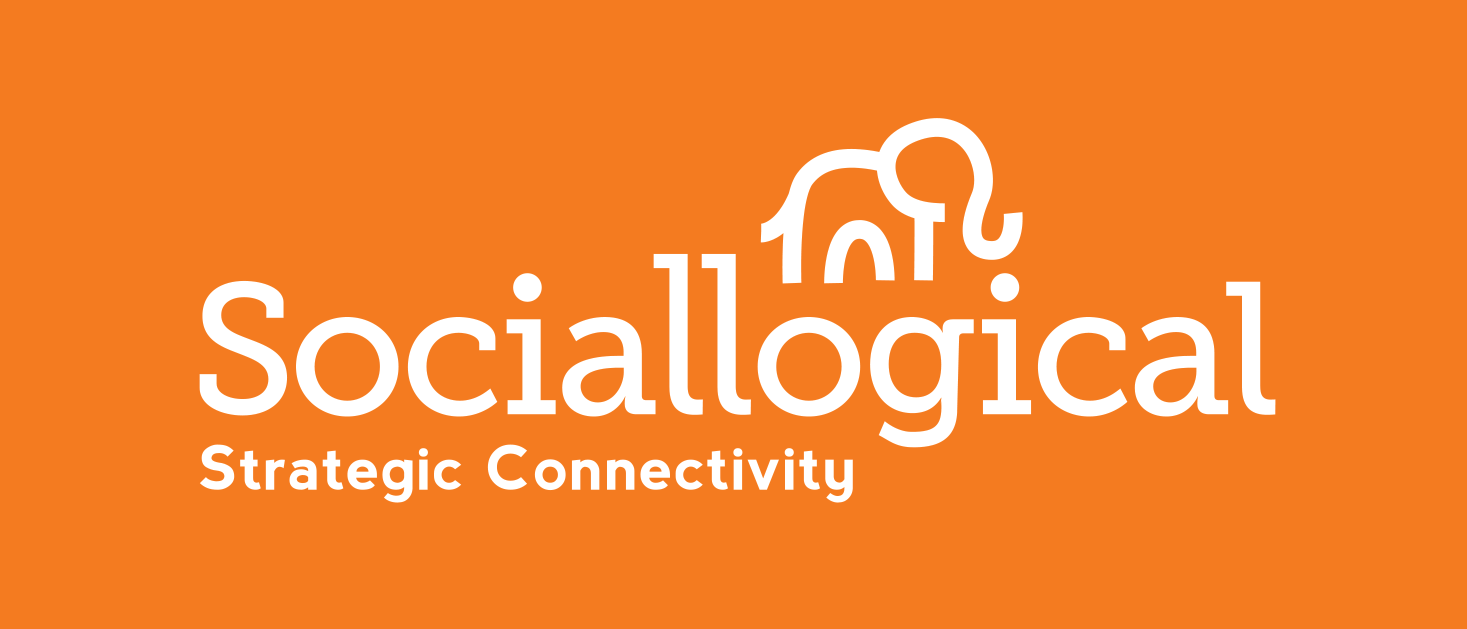 Are you one of those hit-snooze-at-least-three-times types? If you're anything like me, the early mornings can be rude awakenings. At least before a cup of coffee.
Are you one of those hit-snooze-at-least-three-times types? If you're anything like me, the early mornings can be rude awakenings. At least before a cup of coffee.
When my colleague introduced me to Timely.is, I was amazed. The application, in a nutshell, schedules tweets "automagically" for the time of day when your network is most likely to see them and posts them for you throughout the day. I hate to admit it, but my first thought was "brilliant! I could sleep in and be 'tweeting' and no one would know the difference." As Jeff says, timelied.
But, on a more serious note, time flies. I've spent my whole life, and will continue into my adult years, learning how to manage my time well. It's not something of natural evolution, at least for most people. It's just part of the human struggle, making the best use of our time with what hours we have in a day's work.
So, Timely.is may just be an application but it has two major benefits for the user: it saves us physical time, and it allows us to focus on what tasks we have at hand, by being completely present.
An Application With a Mind of its Own
Developed by Flowtown, a team of social marketing innovators, Timely.is is a smart application. It allows us to schedule a given number of tweets (three by default,) and delivers them at spaced intervals throughout the day. What may seem like random times, are actually the product of specific calculations.
Timely.is relies on an algorithm that takes data from our Twitter accounts, and calculates what times of the day we are most likely to reach our audience and followers. It gets to know us based on when we tweet, and how often, and takes all of that data into account. For a more detailed explanation, you can read about it here.
So, we make the best use of our time. When we have a free moment or two, we can add tweets to our queue. There are surely things your company should be sharing; whether it's relevant news to potential partners, customers or clients, or a simple statement. Realistically, what working professional has the time to constantly engage with their community via social media? Not many.
Listening and Engaging is a Balancing Act
It's important to stress that applications are here to assist us, not replace authentic human transaction. Social media loses its value when only used to broadcast messages on a schedule. This will only work in conjunction with (a bigger role) in listening. Responding to those in our community is essential to grow the relationships we want to have with clients and customers.
Respectively, no one likes the guy in a board meeting whose eyes never move from his phone. We can't let ourselves become so attached to new technologies that we forget how to be social in real life.
As a kid I was often told, "You can tell a lot about a person by the way they shake your hand." I still believe it. I've always believed in authentic, face-to-face communication. Our interpersonal demeanour is certainly important, both online and offline. Adopting these new technologies can help us in balancing our social demands.
